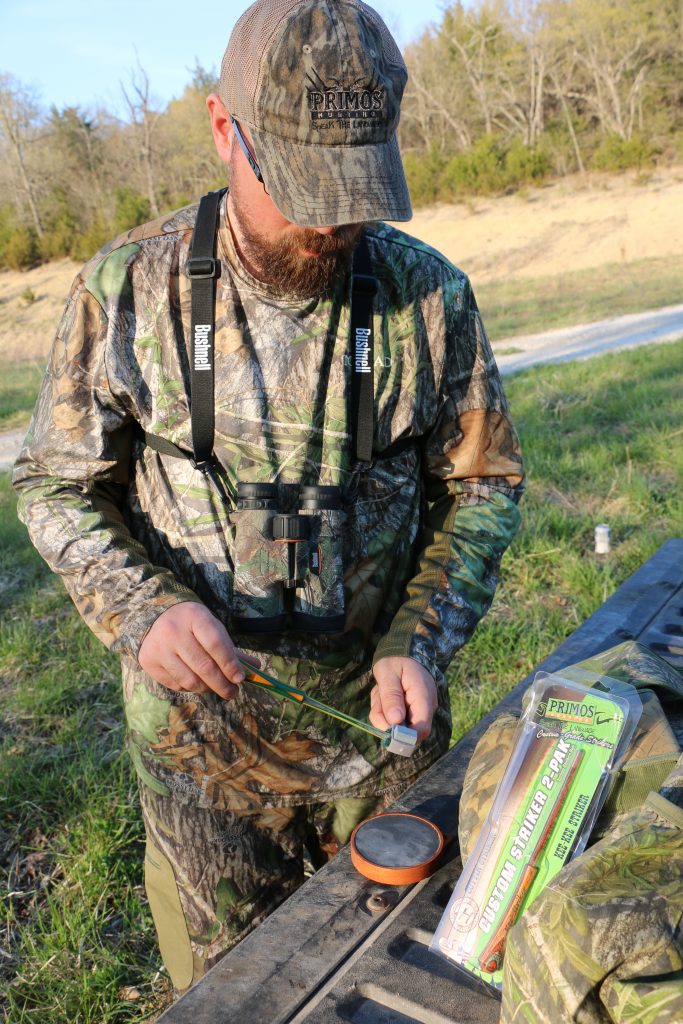Troubleshooting Field Calling Problems
Hunters with a few seasons on their butt pad know how different their calls sound in the woods compared to the basement. Sooner or later, they also learn how operating those yelpers can be affected by many factors in the field.
You’ve been there. After a morning of use, that go-to box call suddenly sounds flat. Or your striker skips across the surface of a pot while making an un-turkey-like screech. Remember, calls are similar to musical instruments, and even slight environmental changes can alter or hinder the way they operate. Try these hacks for troubleshooting call troubles in the field.
Mouth Calls
Because they don’t operate via friction, diaphragm calls might be least affected by the elements. But they’re not immune to trouble. When you run a diaphragm or keep it in your mouth for long periods, the latex can become — without getting too technical — soggy or waterlogged, which affects its sound. That’s why some vests have clip attachments that hold diaphragms so they can dry out in the air, which restores the sound. Also, no matter how you store your mouth calls, use a toothpick or something similar to keep the top reed separated from the other reeds. If that reed sticks, the call won’t sound right.
Box Calls
Boxes face two main challenges afield. The first is moisture, which can deaden a call’s sound or even render it useless for long periods. Simple solution: When rain threatens, switch to a waterproof box, or take a tip from old-timers who kept their boxes in bread sacks or plastic bags.
Chalk — specifically, the lack thereof — also affects a box’s sound afield. Keep a friction-call kit in your vest that includes box-call chalk and items for conditioning pot calls. Re-chalk your box as the need arises. And seal the chalk and other items in a Ziplock bag to avoid moisture.
Pot Calls and Strikers

Friction calls and strikers can be the most weather-sensitive yelpers. Temperature, humidity and other factors affect the sound and operation of most pots. To me, glass calls are the most finicky, followed by aluminum and then slate. In fact, I pretty much use slate calls exclusively during early mornings, as humidity levels can play havoc with glass and aluminum. Also, remember that friction-call kit? It should include scrub pads for conditioning the surface of slate or aluminum calls, and sandpaper, drywall screen or a sanding stone to condition glass or crystal surfaces. For the striker, some prefer a light-grain sandpaper for this, and others use a pocket knife to gently scrape the tip. Either way, you’re not trying to shave wood off the striker tip but just attempting to remove built-up dust or grit that reduces the striker’s “bite” on the call surface.
